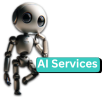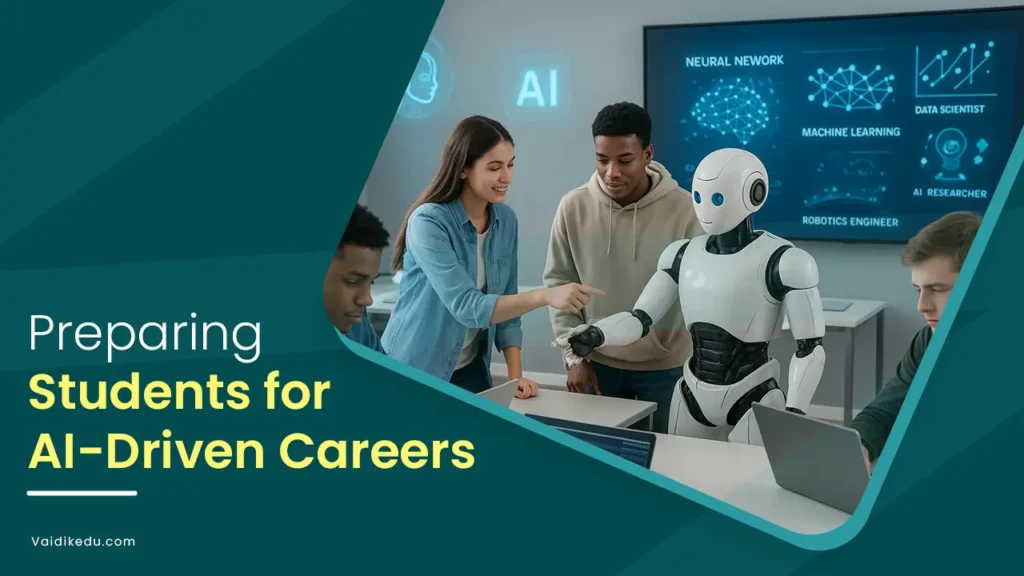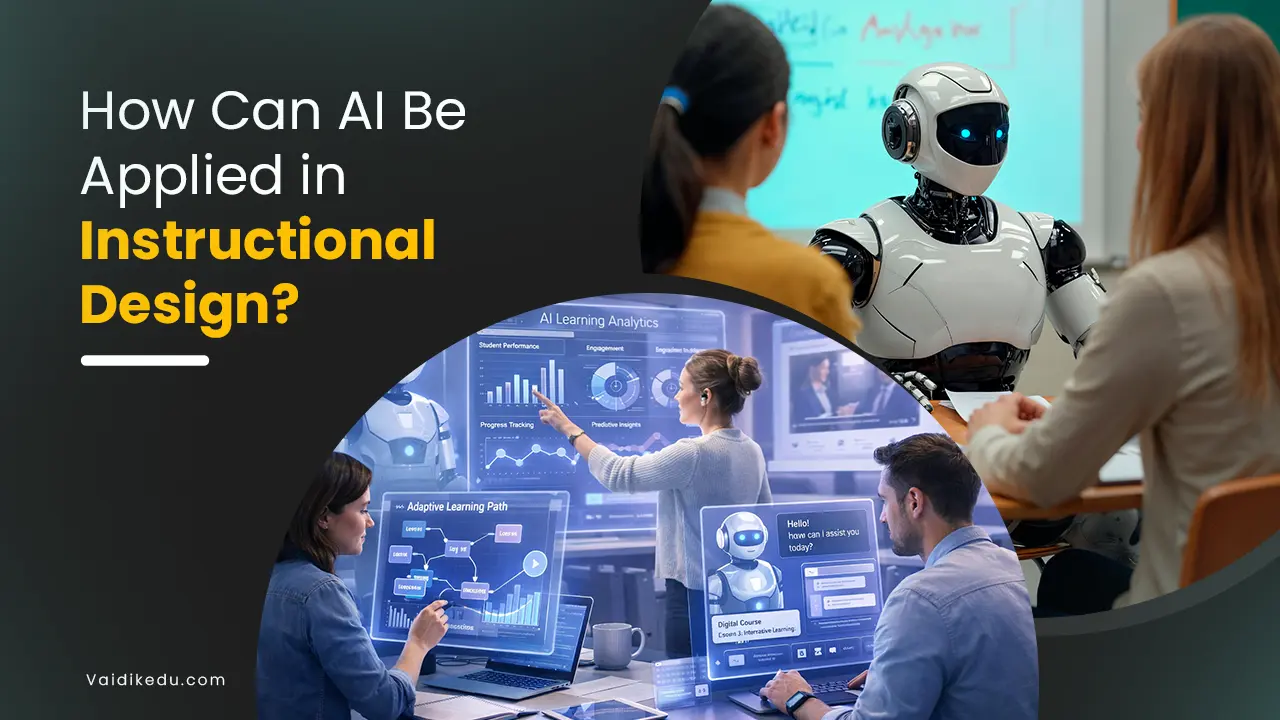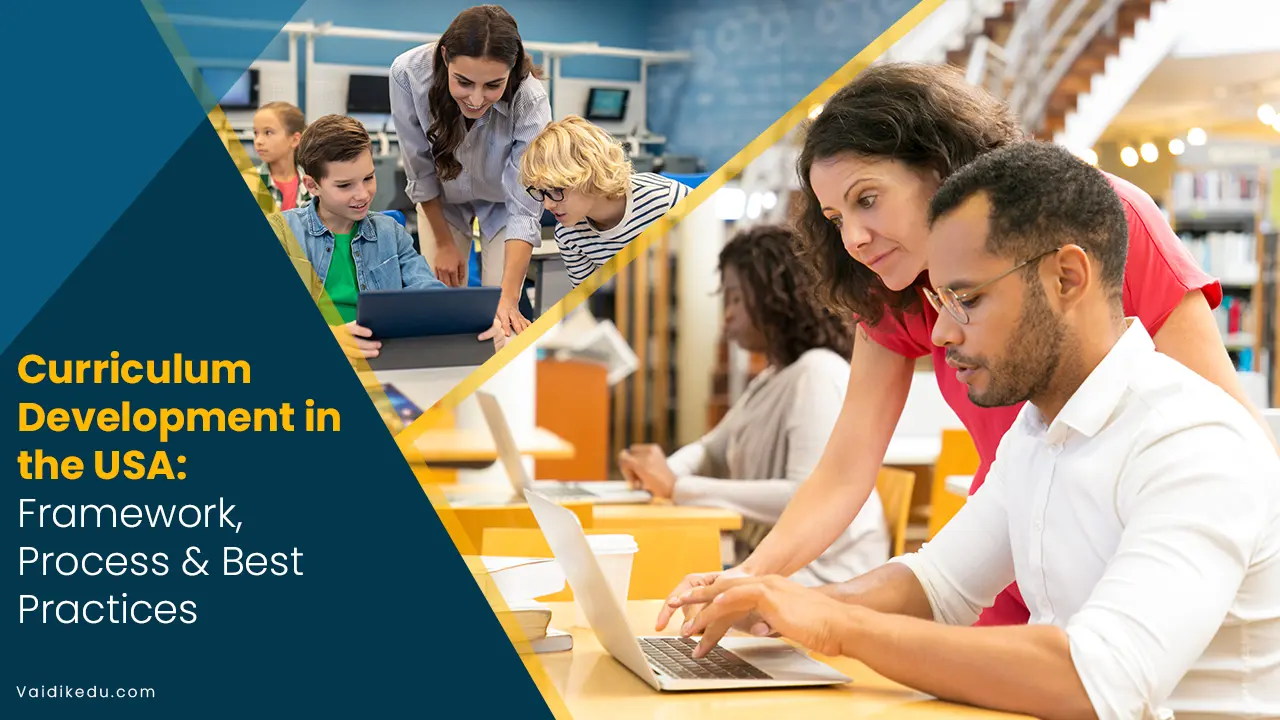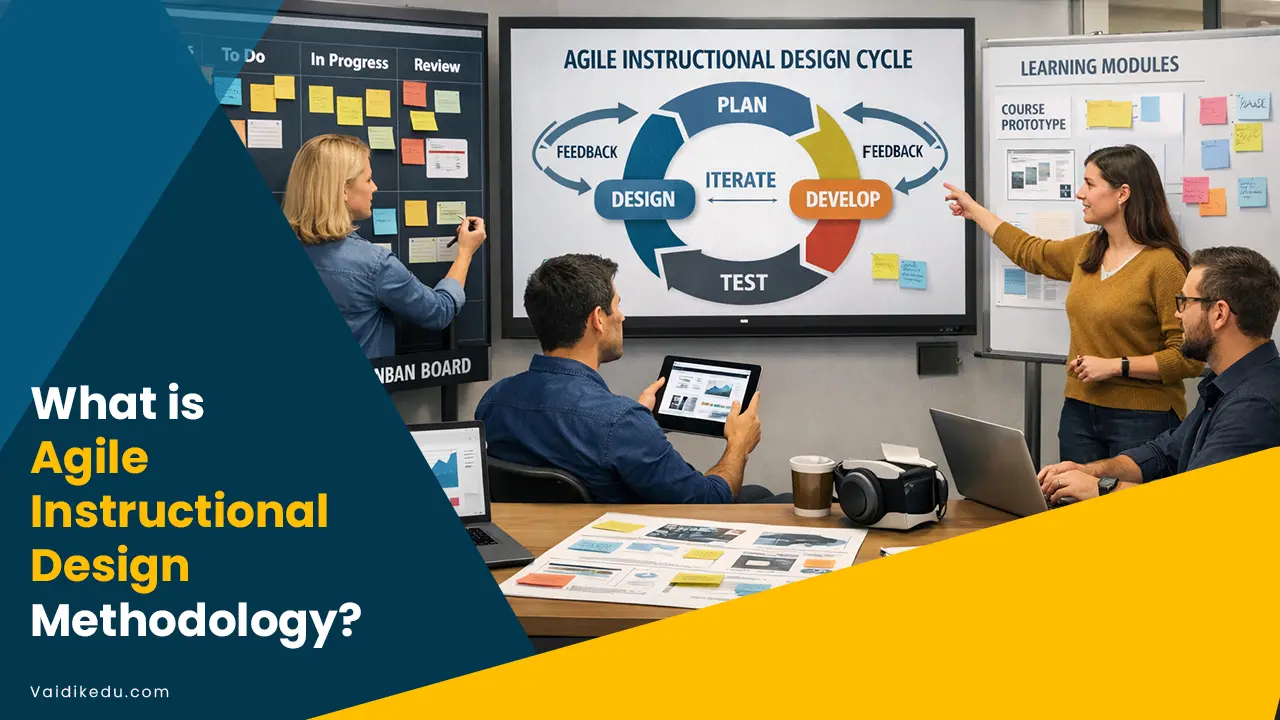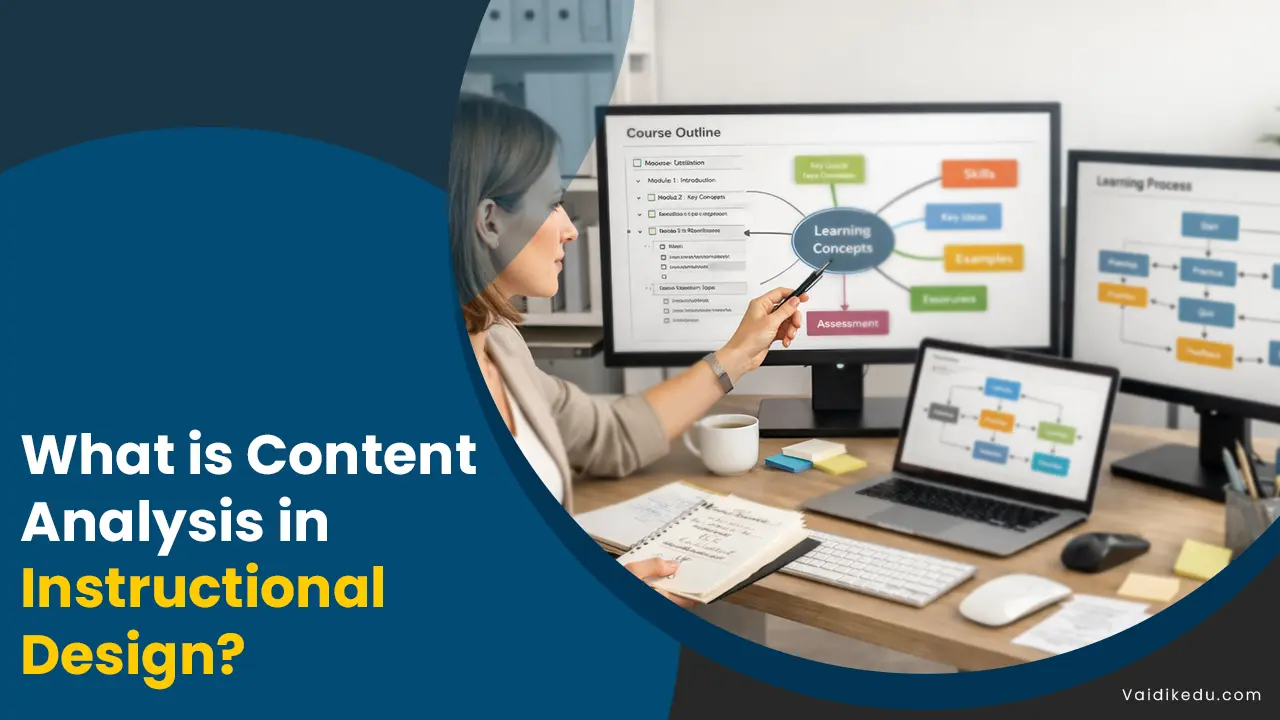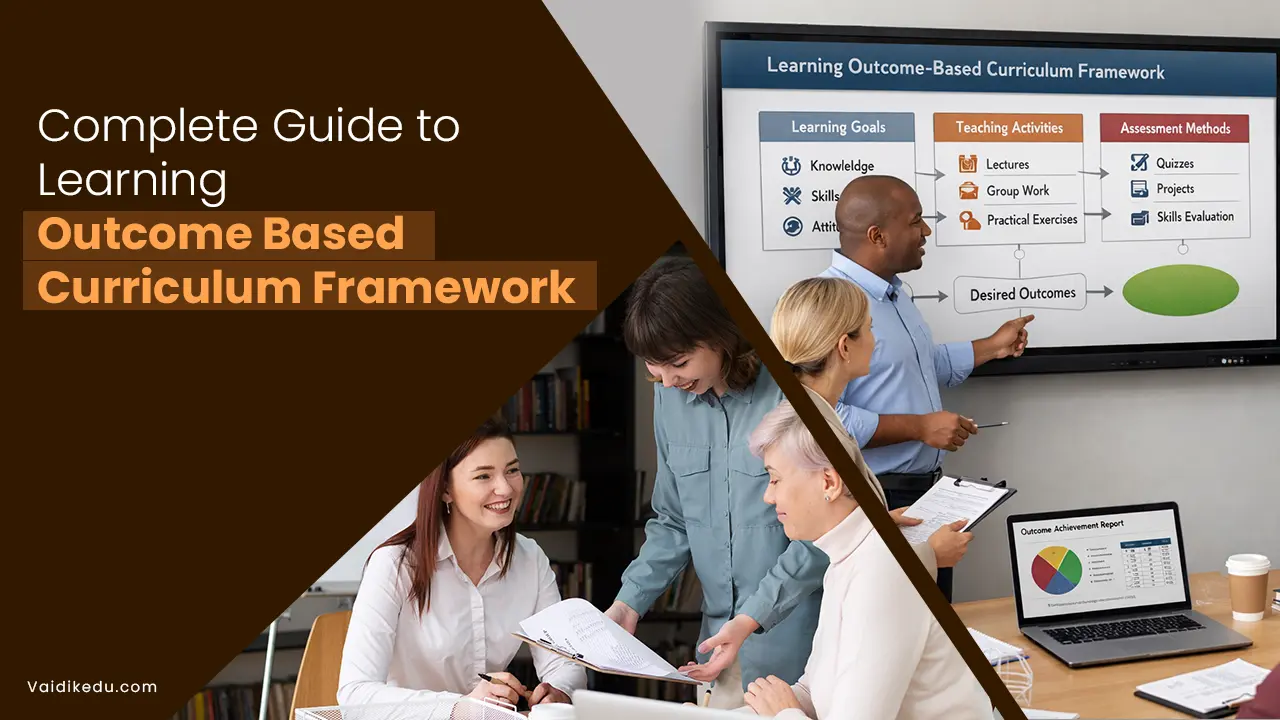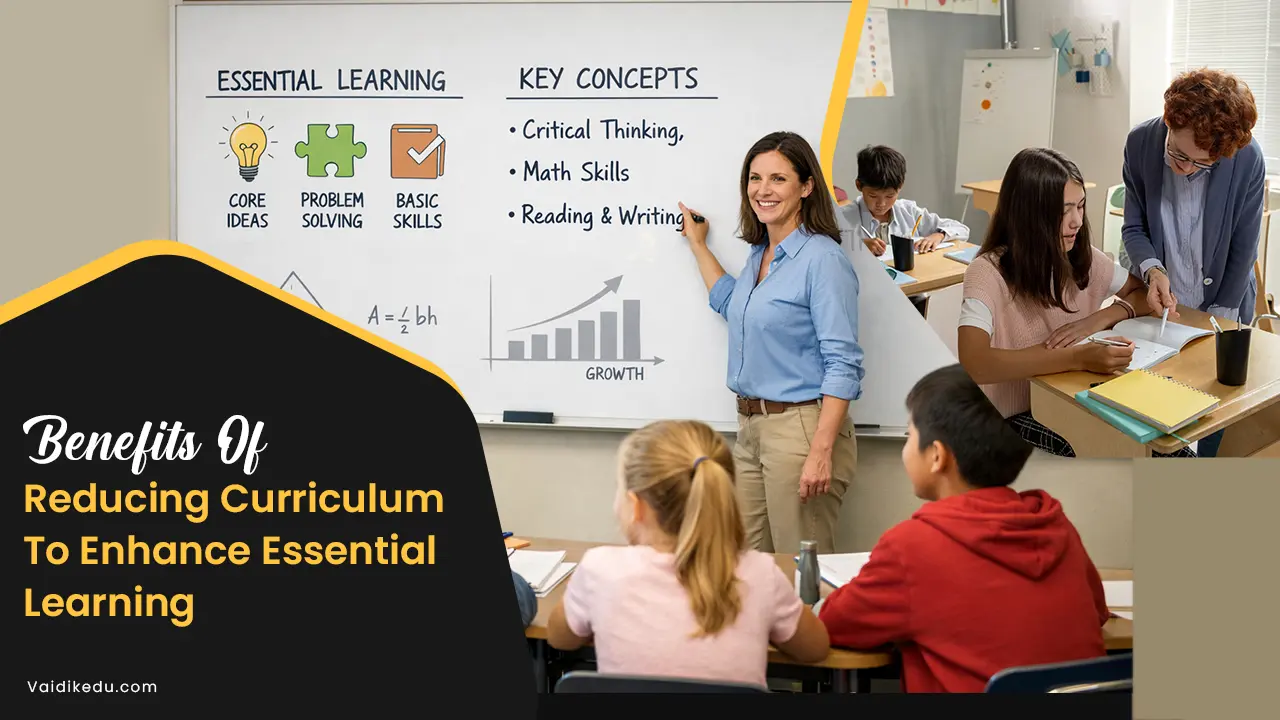Artificial intelligence (AI) is transforming the world we live in. AI is used in practically every business, including healthcare and transportation. This technology simplifies our lives, but it also changes the way we work. Many vocations now require AI skills, and more will do so in the future. That is why it is critical to prepare students for AI-related employment.
Why AI is Important
Artificial intelligence (AI) enables machines to think and learn like humans. It’s capable of problem-solving, data analysis, and decision-making. AI, for example, can assist doctors in speedier disease detection, assist farmers in increasing food production, and even make cars drive themselves.
Because AI is so powerful, it is increasingly being used in a variety of jobs. Learning about artificial intelligence can help students acquire good
professions and solve critical global problems.
Skills Needed For AI Careers:
To succeed in AI-related jobs, students need certain skills. Here are the most important ones:
1. Technical Skills: These include programming, data analysis, and working with artificial intelligence systems. Learning programming languages such as Python and Java is vital. Students must also grasp how to use data to train artificial intelligence systems.
2. Critical Thinking: AI requires people to solve complex problems. Students need to think clearly and devise creative solutions.
3. Teamwork: Many AI projects involve working in teams. Students should learn how to work with others, share ideas, and communicate well.
4. Adaptability: Technology changes fast. Students need to be open to learning new things and adapting to new tools or methods.
How Schools Can Prepare Students:
Schools play an important role in preparing students for AI-driven careers. Here are some ways they can help:
1. Teach AI Basics: Schools should introduce students to AI concepts. This includes explaining how AI works, its uses, and its limitations. Fun activities like building simple robots or playing with AI apps can help students understand AI in an easy way.
2. Offer Coding Classes: Coding is the language of computers. Schools should teach students how to code from an early age. Starting with simple languages like Scratch and moving on to Python or Java can build a strong foundation.
3. Focus on Math And Science: AI relies on math and science. Subjects like algebra, statistics, and physics are important for understanding how AI works. Schools should make these subjects interesting and show students how they connect to AI.
4. Provide Hands-On Projects: Practical experience is key. Schools should encourage students to work on AI-related projects. For example, students can create chatbots, analyze data, or even build small robots. These projects help students apply what they learn and build confidence.
5. Encourage Creativity: AI is more than just technology; it also involves tackling real-world challenges. Schools should encourage their kids to think creatively. Students, for example, can brainstorm ideas for how AI can benefit healthcare, education, and the environment.
6. Career Guidance: Schools should inform students about AI-related careers. Inviting professionals to talk about their jobs or organizing visits to tech companies can inspire students.
Role of Teachers:
Teachers play a big role in preparing students for AI careers. They need to stay updated about AI and learn how to teach it. Teachers can take training courses or attend workshops to improve their knowledge. They should also encourage students to ask questions, explore new ideas, and never stop learning.
Role of Parents:
Parents can also help prepare students for AI-driven careers. They can encourage their children to learn about technology and provide resources like books, apps, or online courses.
Parents should support their children’s interests and help them explore careers in AI. Talking about how AI is used in daily life can also make children more curious about this field.
Using Technology To Learn AI:
Students can study artificial intelligence using a variety of techniques and resources. For example, websites such as Code.org and Khan Academy provide free coding tutorials. AI tools such as Google’s Teachable Machine enable students to develop simple AI models.
Robotics kits such as LEGO Mindstorms may educate children on how to construct and program robots. These tools make learning AI enjoyable and participatory.
Challenges in Preparing Students:
Preparing students for AI careers is not easy. Some schools may not have enough resources, like computers or trained teachers. Not all students have access to the internet or technology at home. These challenges can make it hard for students to learn about AI.
To solve this, governments and communities need to support schools with funding and resources. Public-private partnerships can also help bring AI education to more schools.
Importance of Lifelong Learning:
AI is a fast-changing field. Even after finishing school, students need to keep learning. This is called lifelong learning. Online courses, workshops, and professional certifications can help students stay updated about AI. Employers also value people who are always learning new skills.
Benefits of Preparing Students For AI Careers:
Everyone gains when students are equipped for professions in artificial intelligence. Students gain decent employment, businesses hire skilled labor, and society addresses major issues.
AI, for example, can assist combat climate change, enhance healthcare, and increase access to education. By training students for AI employment, we are creating a brighter future for everyone.
Example:
Let us look at a real-life example. Sarah is a high school student with an interest in technology. Her school offers coding lessons where she can learn Python. She also joins a robotics club, where she and her classmates work together to create a robot that uses artificial intelligence to classify stuff. Sarah is working on a project to create an AI model that can identify various sorts of plants from pictures. Her teacher explains how AI works and why it’s vital.
Sarah’s parents support her passion by purchasing a rudimentary robotics kit and assisting her in finding online classes. They also take her to a tech fair, where she meets people involved in AI. This encourages her to consider a career in AI.
By the time Sarah graduates, she will have mastered programming, teamwork, and problem-solving techniques. She decides to study computer science in college and eventually works for a business that uses artificial intelligence to enhance healthcare.
This example demonstrates how schools, instructors, and parents may collaborate to educate children for AI jobs. By providing students with the necessary resources and assistance, they can pursue their passions and build valuable skills for the future.
Conclusion:
AI is transforming the workplace. We must teach the students the necessary skills in order to prepare them for their future. Schools, teachers, parents, and communities all have a part to play.
We can assist students in achieving success in AI-related occupations by providing resources, hands-on learning, and career coaching. With the correct preparation, students can use AI to tackle critical problems and improve the world.
Frequently Asked Questions
AI is the technology that enables machines to think, learn, and make decisions like humans.
AI is becoming a part of many jobs, and students need to learn AI-related skills to succeed in the future job market.
Students gain good jobs, companies find skilled workers, and society benefits from solutions to big problems like healthcare and climate change.

